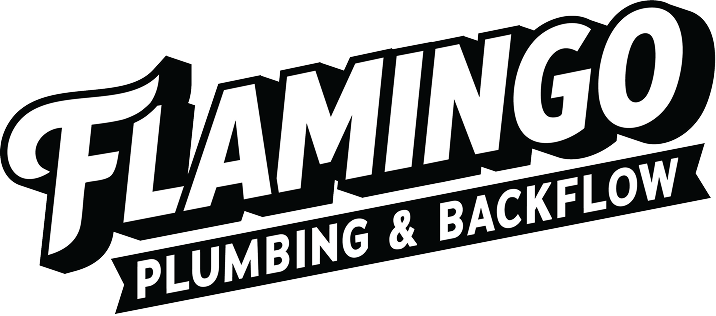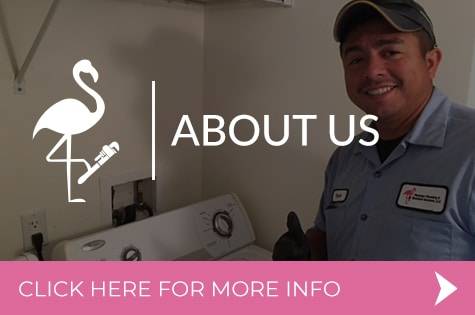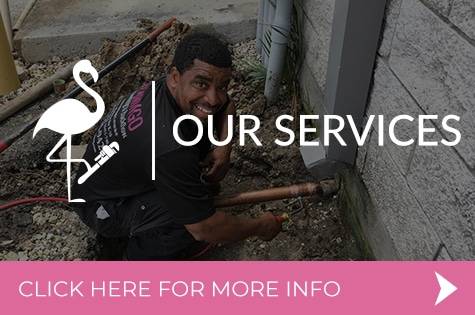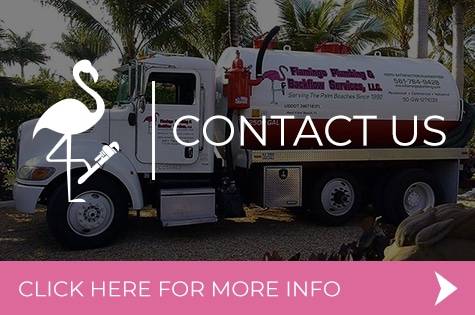The grease trap in your kitchen is both an investment and an asset to your business. Proper maintenance means prevention of problems like disagreeable odors, clogged sewer lines, shutdowns, and possible fines. Considering the fact that millions of dollars per year are spent on clearing sewer pipes clogged with fats, oil, and grease from animal and vegetable sources while cooking, both can result in environmental issues when oil disposal is incorrectly done. In fact, the EPA (Environmental Protection Agency) reports, “The annual production of collected grease trap waste and uncollected grease entering sewage treatment plants can be significant and ranges from 800 to 17,000 pounds/year per restaurant.”
Tips to Clean Your Grease Trap
Proper grease trap maintenance is essential for keeping your commercial kitchen running smoothly. Neglecting it can lead to clogged drains, foul odors, and even costly fines. Here’s how to keep your grease trap in top condition.
How Often Should a Grease Trap Be Cleaned?
The frequency of grease trap cleaning depends on usage. Most businesses need to clean their traps every one to three months. Some local regulations require more frequent cleanings if grease accumulation exceeds 25% of the trap’s capacity. Ignoring this maintenance can lead to blockages that require professional drain cleaning services to fix.
Signs Your Grease Trap Needs Cleaning
Watch for these warning signs:
- Slow-draining sinks
- Unpleasant odors near the trap
- Grease backup in sinks or drains
- Increased pest activity
If you notice any of these, your grease trap is overdue for a thorough cleaning. Regular maintenance prevents the need for emergency hydro jetting to clear severe blockages.
Steps to Clean Your Grease Trap
- Turn Off Equipment – Shut down dishwashers and sinks connected to the trap.
- Remove the Lid Carefully – Avoid damaging gaskets and seals.
- Scoop Out Grease and Solids – Use a bucket or scoop to remove waste.
- Scrub the Trap – Clean the walls and baffles with warm, soapy water.
- Inspect for Damage – Check for cracks or worn parts that may need repairs.
- Dispose of Waste Properly – Never pour grease down the drain.
For thorough maintenance, businesses often require backflow preventer inspections to ensure their plumbing system is protected from contamination. Learn more about common backflow preventer problems and how to fix them.
Why Professional Cleaning Matters
DIY cleaning works for minor maintenance, but professional service ensures compliance with health codes. Licensed technicians use high-powered equipment to remove stubborn grease buildup and keep plumbing systems functioning efficiently. For businesses using high volumes of hot water, tankless water heater efficiency can also be impacted by grease buildup in the system.
Keep Your Kitchen Running Efficiently
Routine grease trap maintenance prevents costly repairs and health code violations. If your trap is overdue for a cleaning, our team is ready to help. We also provide general plumbing services to keep your entire system in top shape. Don’t wait for an emergency—schedule regular service to protect your business and avoid expensive downtime. Our service are includes the following counties: St. Lucie, Palm Beach, Martin County, Broward County, and Miami-Dade.





